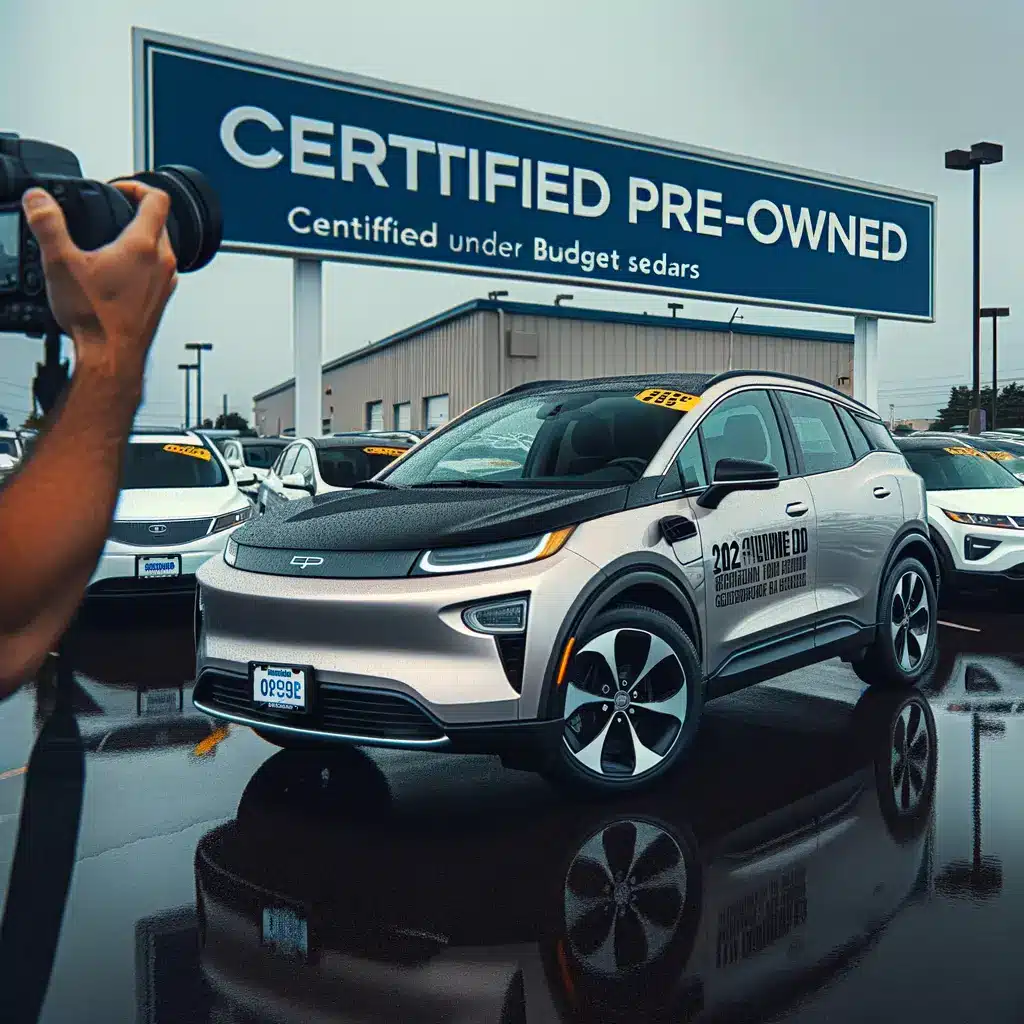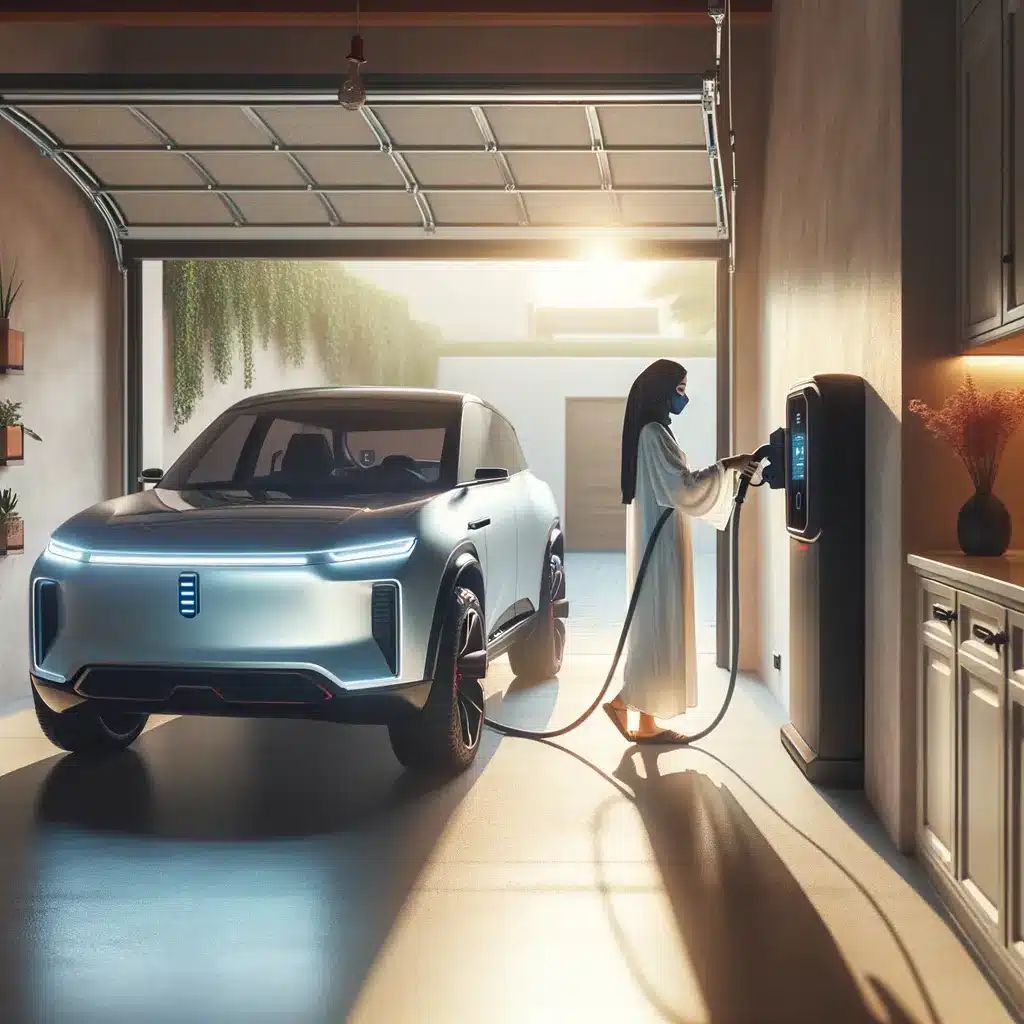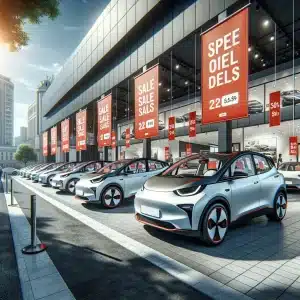Why 2025 Has the Best Electric SUV Lease Deals Yet
Electric SUVs were once premium-priced newcomers, but rolling into the 2025 model year automakers are scrambling to move inventory—creating what many analysts are already calling the best electric SUV lease deals in recent memory. If you have been sitting on the fence, the next three months could be your window to drive home a brand-new Volkswagen ID.4, Nissan Ariya, Hyundai Ioniq 5 or even a Tesla Model Y for less than the cost of a budget gym membership. Manufacturers are motivated by a perfect storm: slowing demand, rising dealer stock, and an EV tax credit scheduled to sunset on September 30. Instead of parking vehicles on overflow lots, brands are subsidising monthly payments with zero-percent money factors, bonus cash, and state-stackable incentives. A Colorado shopper, for example, can sign a 24-month ID.4 lease for as little as 19 dollars per month after credits—an unheard-of number for an all-wheel-drive crossover. In this guide we will break down why the market looks like a clearance sale, how long the bargains will last, and the smart ways to take advantage without getting trapped in negative equity. Keep reading for everything you need to know about the best electric SUV lease deals of 2025.

How the 2025 EV Tax Credit Deadline Is Driving Prices Down
Every incentive used to bring the sticker price of an EV down ultimately starts with federal policy. The current 7,500-dollar 2025 EV tax credit (officially the Clean Vehicle Credit) is structured so that manufacturers pass the savings directly to lessees at the point of sale. The catch? For models delivered after 30 September, the credit phases out for vehicles that do not meet final North-American battery sourcing requirements. Carmakers sitting on boatloads of imported battery packs have two choices: discount aggressively now or watch their market share evaporate later. That is why you are seeing zero-percent APR for 72 months, loyalty cash, and mileage-restricted ultra-low payments on practically every showroom floor. State programs add fuel to the fire: Colorado offers an extra 3,800 dollars, New Jersey waives sales tax, and California’s Clean Fuel Reward provides up to 2,000 dollars. Stack those with the federal rebate and a 48,000-dollar crossover suddenly looks like a commuter special. To stay on top of expiring perks check your state Department of Energy website and review our detailed breakdown of regional incentives (internal link: State-by-State EV Rebate Guide). Understanding the timeline of the 2025 EV tax credit is crucial; waiting even a week past the deadline could cost you thousands.

Breaking Down the Best Electric SUV Lease Deals
Below is a snapshot of the models making headlines for the best electric SUV lease deals this summer. Remember, offers are regional and change fast, so always request a written quote.
• Volkswagen ID.4 lease – Dealers in Denver are advertising 24-month, 7,500-mile limits for 19 dollars per month with 3,500 down, or 99 dollars sign-and-drive. Extra mileage runs about twenty cents each.
• Nissan Ariya deals – Nissan Finance is matching the federal credit with 2,500 bonus cash, translating to payments as low as 147 dollars with zero down on the Engage all-wheel-drive trim.
• Hyundai Ioniq 5 – Hyundai’s sub-60,000 MSRP means the full credit applies. Shoppers are reporting 159-dollar payments and zero percent for 72 months if you choose to buy.
• Tesla Model Y – At 431 dollars, Tesla’s lease looks expensive, but watch for an imminent price adjustment as Q4 inventory piles up.
• Chevrolet Equinox and Blazer EV – Currently 299 and 399 respectively; likely to fall after the credit expires.
When you compare those numbers to a comparable gas crossover—many of which lease for 350 dollars or more—the value proposition becomes clear. If you want deeper trim-by-trim pricing, check out our interactive EV Lease Calculator (internal link).
Lease vs Buy: Depreciation, Insurance and Total Cost
Leasing may feel like throwing money away, yet with electric vehicles the math is different. Depreciation on first-generation battery technology is brutal: a three-year-old Volkswagen ID.4 can already be found for under 20,000 dollars—roughly half of its original MSRP. The moment you finance one of these SUVs you become responsible for that loss in resale value. By contrast, a lease pushes the risk back onto the manufacturer’s captive finance arm. If solid-state batteries or a longer-range model debuts next year, you can simply hand back the keys.
Insurance is another wildcard. Because premiums are calculated on replacement cost, a 55,000-dollar electric crossover can cost 30 to 40 dollars more per month than a mid-priced sedan. Add that to a six-year loan and your cheap payment evaporates. With a lease you still pay higher insurance, but you avoid long-term commitments and rarely need extended warranties. Before signing, run an instant quote on your provider’s app and divide the six-month premium by six to get the true monthly figure. Then compare that to the advertised payment to see if the overall out-the-door cost still lines up. The flexibility alone often makes a lease the smarter play, especially if you plan to upgrade quickly or are waiting for next-generation chemistry.

Maximizing Savings with Used EVs and Gas Alternatives
While factory incentives make new leases attractive, outright ownership savings often lie in the used market. Thanks to rapid depreciation, a certified 2024 Nissan Ariya with under 6,000 miles can be had for 25,000 dollars, and a 2021 ID.4 hovers near 18,000. On top of the lower sticker price you may qualify for the used clean vehicle credit worth up to 4,000 dollars if your household income meets the cap.
Lower acquisition cost directly lowers insurance; carriers base rates on the vehicle’s actual cash value, so insuring an 18,000-dollar crossover can be up to 40 percent cheaper than covering a brand-new one. If your goal is purely to cut commuting expenses, do not overlook traditional internal-combustion stalwarts. A 2017 Mazda 6 or 2018 Toyota Camry purchased for 14,000 dollars may cost just 70 dollars a month to insure and will sip regular unleaded on long highway drives, as demonstrated in our recent fuel-economy test (internal link: Best Used Sedans Under 15k). Combine that with DIY maintenance and you could bank thousands over a three-year horizon. The choice ultimately comes down to your driving habits, access to home charging, and tolerance for technology risk.

Your Action Plan for the Best Electric SUV Lease Deals
Manufacturers may not literally hand you the keys, but the current incentives come close. A convergence of slowing demand, oversupply, and an expiring 2025 EV tax credit has created the best electric SUV lease deals we have seen to date. Act before September 30 to lock in stacked federal and state rebates, but do your homework. Compare insurance quotes, calculate total mileage, and resist the urge to finance unless you plan to keep the vehicle for a decade. Leasing protects you from volatile resale values, while shopping used can deliver rock-bottom ownership costs.
Whatever route you choose, the window for cheap electric SUVs will not stay open forever. Visit dealers armed with printed quotes, take advantage of home-charger installation credits, and review our guide to EV maintenance schedules before signing. With a strategic approach, you can drive away in a high-tech, all-wheel-drive crossover for less than most people pay for cable TV—now that is a deal worth plugging into.







